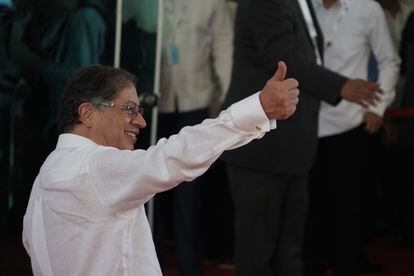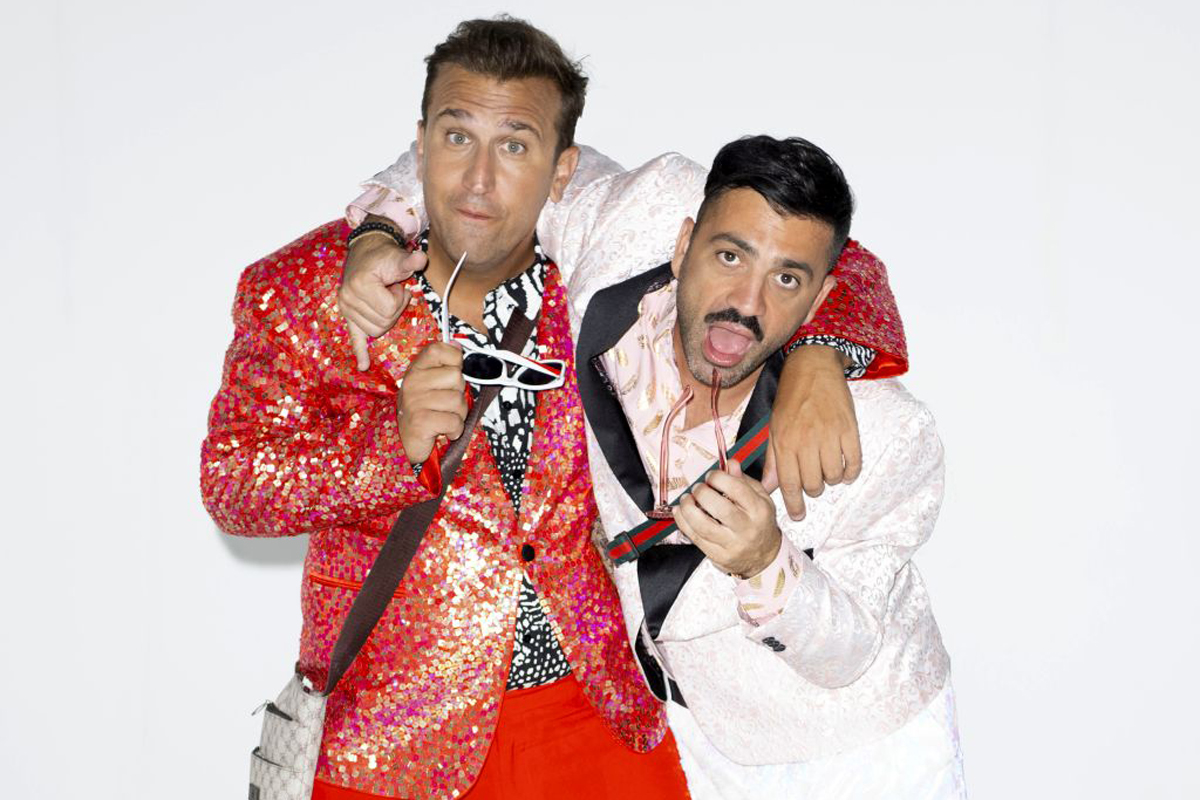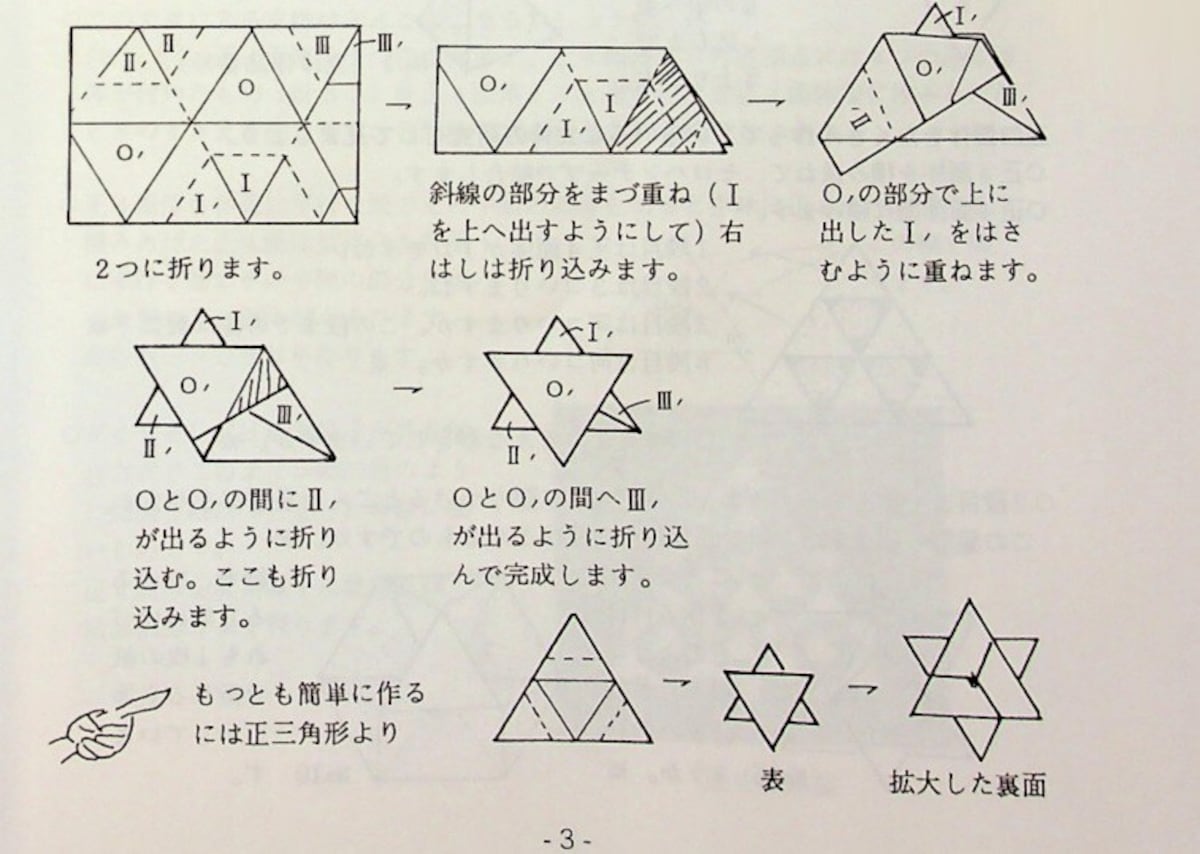The President of Cuba, Miguel Díaz-Canel, took advantage of his speech at the XXVIII Ibero-American Summit in Santo Domingo on Saturday to express his “solidarity with the Governments of Venezuela, Nicaragua and Bolivia” in the face of international pressure. The reference is itself a declaration of intent because it intends to convey an idea of the block. The old Bolivarian axis promoted at the time by Hugo Chávez, Evo Morales and Rafael Correa, which already lost steam in the middle of the last decade, no longer exists. The appointment of the Dominican Republic evidenced the abyss that exists today in Latin America between the progressive governments and the old model heir to the Cuban and Sandinista revolutions.
The unbridled drift of the regime of Daniel Ortega and his wife, Vice President Rosario Murillo, accelerated in February with the exile of more than 200 political prisoners and the withdrawal of nationality for another 94 opponents, cost Nicaragua the practically unanimous condemnation of the community international. The Chilean president, Gabriel Boric, expressed this repudiation without nuances during the meeting of the 22 countries of the Ibero-American community. “It is not acceptable for us to remain silent before the family dictatorship of Ortega and Murillo,” the young left-wing politician cried. “He seems not to know that the homeland is carried in his soul and in his blood and is not removed by decree. Gioconda Belli, Sergio Ramírez and Dora María Téllez, among many others, know that well,” the president continued, referring to the two writers and the mythical Commander Two of the Sandinista revolution, who was locked up for 605 days in the feared El Chipote prison, considered the worst dungeon in Managua.
It is not the first time that Boric has spoken harshly about the Ortega regime’s human rights violations. However, he had never done it in front of Denis Moncada, the Nicaraguan Foreign Minister, who also attended the Ibero-American Summit. The chancellor’s response was predictable. “We demand that President Boric, of Chile, respect the Government and people of Nicaragua. He must not use Nicaragua in his betrayal of the people and his surrender to the North American empire. We demand respect from our government, respect from the Nicaraguan people.”
In addition to this clash, in Santo Domingo, such different approaches were heard from leftist rulers that question, firstly, the inclusion of everyone in a spectrum that is even similar and, secondly, opens up a series of questions about the definition of what is today the left in Latin America. Peronism, represented in the forum by the Argentine Alberto Fernández, was always different. But even the Brazilian Luiz Inácio Lula da Silva, absent from the summit, returned to power in January at the head of a broad coalition that marks differences with respect to his first governments.
Colombian Gustavo Petro launched a plea in defense of former Peruvian President Pedro Castillo, assuring that what happened last December was not a self-coup, but rather that the coup was given to him. The Colombian president resumed relations with the government of Nicolás Maduro, although he has a worldview and, above all, an idea of an economic model that is very far from that of Hugo Chávez’s successor. And on the other hand, empirical evidence does not make any comparisons between the Ortega regime with Chavismo, which despite US sanctions has returned to negotiate with that country to reopen the oil sector, much less with Bolivia. The government of Luis Arce faces other problems, but the situation is not comparable to that of Venezuela or Nicaragua. For his part, the Mexican Andrés Manuel López Obrador, another president framed in the progressive movement and also absent from the summit, moves in the specifics of the ecosystem of his country. A type of left almost for each country and in each government.

#IberoAmerican #Summit #reveals #abyss #left









